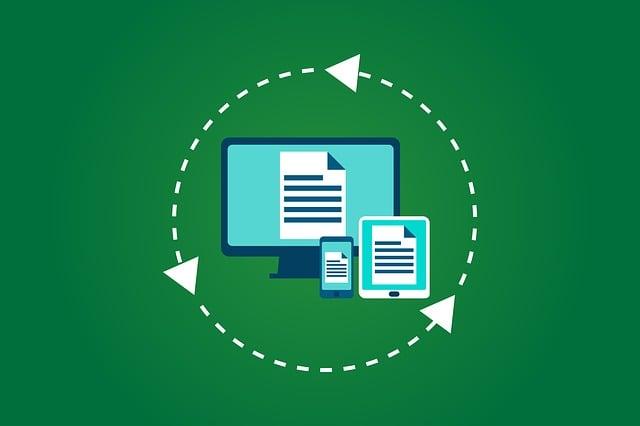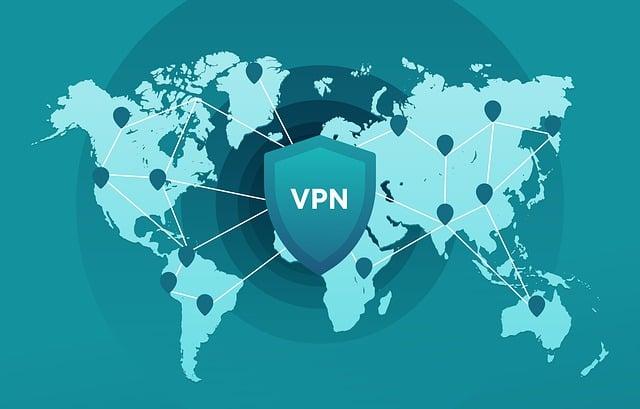- Introduction
- Understanding Your Dexcom Data
- Setting Up Data Sharing with Your Clinic
- Advantages of Sharing Your Data
- Privacy Considerations and Security Measures
- Conclusion
- FAQs
- References
Introduction
Sharing your Dexcom data with your clinic can be a crucial step in managing your diabetes effectively. Whether you're adjusting your treatment plan or monitoring your progress, seamless sharing allows healthcare professionals to understand your patterns better. In this article, we will cover the essential aspects of sharing your Dexcom data, including understanding your data, setting up the sharing process, health benefits, and privacy concerns.
Understanding Your Dexcom Data
Dive deep into what your Dexcom device records and how you can use this information to improve your diabetes management. The Dexcom Continuous Glucose Monitoring (CGM) system tracks your glucose levels in real-time, providing vital insights that can help you and your healthcare team make informed decisions.
The data typically includes glucose readings every few minutes, along with trends over time. By analyzing these readings, your healthcare provider can identify patterns and anomalies that require attention. For example, if your glucose levels frequently spike after specific meals, adjustments can be made to either your diet or medication regimen.
In addition to standard glucose readings, Dexcom offers several alerts and notifications for various events, such as low or high glucose levels. These real-time alerts can improve your responsiveness to glucose fluctuations and help your physician create a more tailored treatment approach.
Moreover, the Dexcom app delivers data on trends, time-in-range percentages, and predictive alerts. These metrics help you and your clinician evaluate how well your diabetes is controlled and highlight areas that need improvement.

(Image: Pixabay/@Peggy_Marco)
Setting Up Data Sharing with Your Clinic
The process of sharing your Dexcom data is designed to be straightforward and user-friendly. To begin, ensure you have created your Dexcom account and have your device connected to the appropriate app. Here are the steps to set up sharing:
1. **Download and Install the Dexcom App:** Make sure you have the latest version of the Dexcom app installed on your smartphone or tablet. If you already have it, check for updates to optimize performance and security.
2. **Create Your Dexcom Account:** If you don’t have a Dexcom account, you will need to create one. This involves providing basic personal information, including your email address and setting a password.
3. **Enable Data Sharing:** Once your account is set up, navigate to the 'Settings' in the app. Look for an option related to data sharing or connections. You can add your healthcare provider's email or select them from a list if they are Dexcom participants.
4. **Confirm Sharing:** After entering your healthcare provider’s email, they will receive an invitation to view your data. Make sure to follow up to ensure they confirm the request. You may have to resend the invitation if it expires or wasn’t accepted immediately.

(Image: Pixabay/@JoelFazhari)
Advantages of Sharing Your Data
Sharing your Dexcom data with your clinic offers numerous advantages that can enhance your diabetes management beyond what you achieve alone. One significant benefit is enhanced communication with your healthcare team.
When your healthcare provider has access to your real-time glucose levels and historical data, they can offer personalized recommendations tailored to your specific needs. For instance, they might suggest adjustments to your insulin dosage based on your daily trends rather than a single reading during appointments.
Another key advantage is proactive health monitoring. With constant access to your glucose levels, healthcare providers can detect potential issues before they escalate. This level of oversight enables quicker responses to abnormal readings that could lead to complications if untreated.
Additionally, sharing your data can foster accountability. Understanding that your provider is monitoring your performance can motivate you to adhere better to your recommended treatment plan. Many patients find that feedback provides reassurance and encourages their commitment to lifestyle changes.

(Image: Pixabay/@kreatikar)
Privacy Considerations and Security Measures
While sharing your data offers substantial benefits, it's essential to consider your privacy and security. Safeguarding your sensitive health information must remain a priority, and there are simple strategies to ensure this.
The Dexcom app follows strict regulatory compliance standards for data protection, ensuring that personal information remains private. However, assessing your data-sharing preferences is crucial. Always review whom you are sharing your data with and restrict access to only those who truly need it.
Utilize two-factor authentication for your Dexcom account. This safeguard adds an additional layer of security, requiring not only a password but also a verification code sent to your registered mobile device. This helps prevent unauthorized access to your account.
It’s advisable to regularly review and update your sharing settings, especially if your healthcare provider changes or if your privacy preferences evolve. Turn off sharing privileges when they're no longer necessary to limit exposure to your data.

(Image: Pixabay/@Danny144)
Conclusion
Effortlessly sharing your Dexcom data with your clinic is an integral component of effective diabetes management. It not only provides your healthcare team with the insights needed for informed decision-making but also empowers you as a patient. Setting up the sharing process is straightforward and brings considerable rewards, including improved communication, proactive monitoring, and enhanced accountability.
However, while sharing data can be beneficial, it is paramount to always be mindful of privacy considerations and adopt the necessary security measures. By following the outlined steps and best practices, you'll be on your way to optimizing your diabetes care with confidence.
FAQs
What data does Dexcom collect?
Dexcom collects real-time glucose readings, trends over time, alerts for high and low blood sugar levels, and additional metrics that aid in diabetes management.
Can I share my Dexcom data with multiple clinicians?
Yes, you can share your data with multiple healthcare providers by adding their emails in the Dexcom app. They will receive invitations to view your data.
What happens if I stop sharing my data?
If you stop sharing your data, your healthcare team will no longer have access to your glucose metrics, which could hinder their ability to support your treatment plan effectively.
Is my Dexcom data secure?
Dexcom takes data security seriously, implementing several measures to protect your information. However, you should always enable two-factor authentication and regularly review your sharing settings for additional peace of mind.

